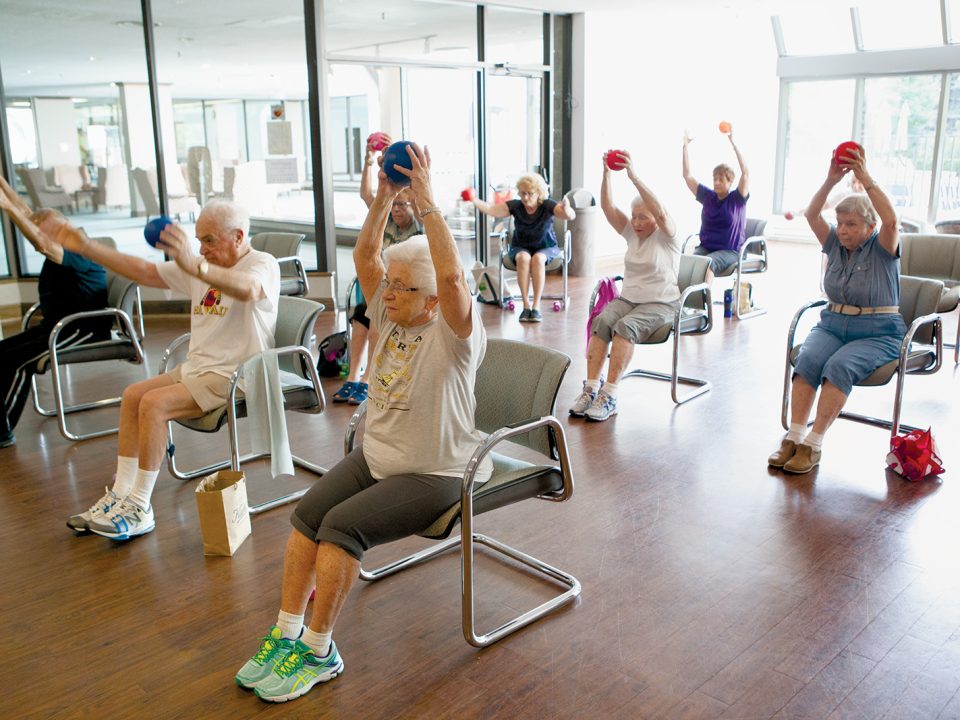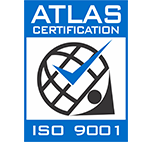
Nurses know more about who we are and what makes us tick more than anybody else
May 19, 2020
11-year-old girl brings cheers to nursing home residents by visiting with her pony
May 31, 2020Aged Care Worker Regulation Scheme Consultations

Elder care nurse playing jigsaw puzzle with senior woman in nursing home
Aged Care Worker Regulation Scheme Consultations
With personal care assistants (PCAs) currently making up 70% of the aged care workforce, the bulk of responsibility for providing elderly Australian’s with care has fallen to the least educated and most poorly paid portion of the workforce.
As it currently stands, PCAs are defined as ‘unregulated healthcare workers,’ due to the fact that they follow no national code of conduct or consistent national qualification requirement, but recent Government consultation indicates that things may be set to change.
Australia’s Department of Health has recently launched the Aged Care Worker Regulation Scheme Consultation in an attempt to explore options for an aged care worker screening or regulatory scheme.
As part of this process, the Department is keen to consult with as many as many individuals and organisations who have an interest in the aged care workforce as possible.
This consultation process is open to aged care workers themselves, as well as aged care residents and their families.
The prospect of a regulatory scheme for PCA’s comes as welcome news to nursing unions and many industry advocates who have long thought it absurd that the most prominent portion of the aged care workforce is not licensed or scrutinised in the same manner as some of their colleagues.
In Australia, nurses must be licensed by The Australian Health Practitioner Regulation Agency (AHPRA) which ensures that all nurses meet a minimum standard of education, and also allows prospective employers to adequately check their nursing work history.
Under the system being run by AHPRA, individuals – like nurses – are licensed as healthcare professionals because they have been proven to meet minimum standards of education, training and qualification.
This level of regulation also provides an added layer of security from employers due to the fact that this level of regulation also allows for background checks and vital work-history information.
The Australian Nursing and Midwifery Federation (ANMF) have been one of the most vocal industry groups calling for the licensing of carers in the aged care industry, believing that the lack of accountability and dwindling nurse numbers have resulted in a lower standard of care.
Statistics from the Australian College of Nursing revealed that the number of Registered and Enrolled Nurses has fallen 13 percent since 2003 and now sits at under 15 per cent of the aged care workforce.
Annie Butler, Federal Secretary for the Australian Nursing and Midwifery Federation, outlined her thoughts on the potential of a regulatory scheme for carers in an interview from last year.
“The ANMF has a long-held position that care workers in the aged care industry should be licensed,” said Annie.
“The system that AHPRA runs, and there is a national law that sets out the regulation for all health professionals, the key purpose of that is the protection of public safety, so that’s what you’re trying to achieve when you license a worker, and there are increasing calls for this, especially since the announcement of the Royal Commission.”
“There are some carers out there right now with very minimal training, and there may even be some who have no training whatsoever. There will be some who have been to really good organisations who have a good quality of care worker training behind them.”
Although a voluntary registration platform is not ideal, it is definitely a step in the right direction for the sector as a whole, and it will be interesting to see just how many carers put their hands up to be a part of it.
There have been a number of attempts to further regulate aged care industry care workers, the most recent of which was a voluntary platform that was created by the Australian College of Care Workers (ACCW).
Much like other regulators, the ACCW’s platform required all workers to meet the required standard of education, training and background checks, but it also required carers to meet minimum standards in English literacy.
It is well known that a large portion of care workers in the aged care industry have English as their second language, which many believe can have a direct impact on their ability to communicate with those in their care.
Findings from the Aged Care Worker Regulation Scheme Consultation should prove to be extremely interesting, and the thought of a screening and regulation scheme for PCAs could have positive outcomes for both workers and those in their care.
Older Australians in care deserve a workforce that is solely comprised of people who have had thorough background checks, education and training – because their wellbeing depends upon it.
While Personal Care Assistants would deserve the recognition of meeting those standards and should subsequently be viewed as healthcare professionals for doing so.
To make a submission to the Aged Care Worker Regulation Scheme Consultation, please click here.
This Media Release was originally published on Hello Care Mail on 28/5/2020 by Jakob Neeland.










